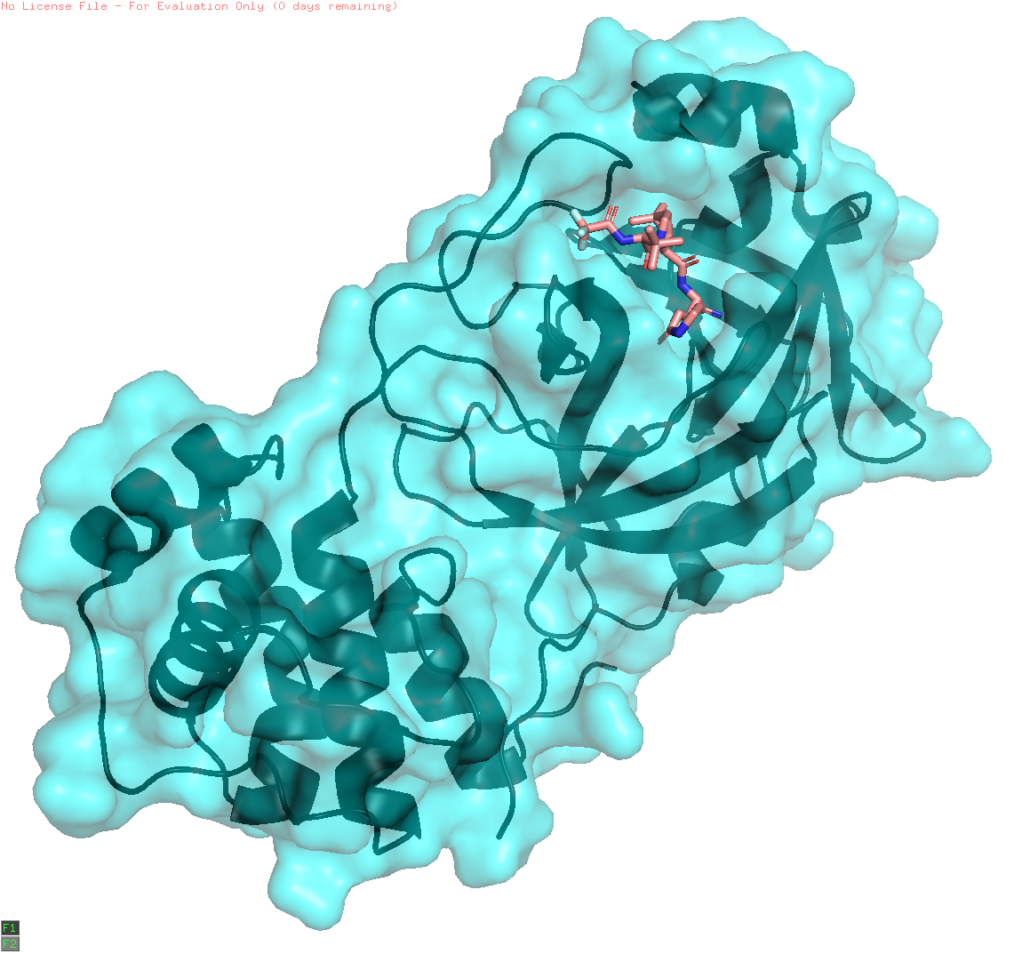
Pfizer licences Paxlovid to poor countries
Pfizer Inc announced it will allow generic makers in 95 low income nations to produce and distribute its COVID-19 pill Paxlovid at cost price.
Under a contract with the Medicines Patent Pool, Pfizer Inc will waive any royalites for generic makers in 95 poor countries helping to improve access of 50% of the world population to the antiviral Paxlovid. In combination with low-dose ritonavir, the inhibitor of the main protease of SARS-CoV-2 prevented hospitalisation in 89% and death in 100% of symptomatic COVID-19 patients in a pivotal Phase III trial. Thus, the drug is set to be produced rapidly at its cost price of $20 for a 5-day treatment course in 95 low-to-middle income countries instead being marketed at a whistleblowed price of $700 for 5-days in wealthy states. US emergency market authorisation for Paxlovid is expected to be granted in December while Pfizer has not yet filed for EU market authorisation.
Initially, Pfizer announced it will not grant sublicences but market Paxlovid at cost price in low-income nations. However, according to PFizer CEO and Chairman Albert Bourla, production capacity for 2022 was limited to just 50 million treatment courses, globally. The agreement announced yesterday is similar to one The Medicines Patent Pool struck before with Pfizer’s competitor Merck & Co. and its partner Ridgeback Biotherapeutics for their RNA polymerase blocker molnupiravir that reduced the hospitalisation rate of infected patients to 50%. In contrast to Paxlovid, molnupiravir will be sublicenced to 105 poor countries.
"We must work to ensure that all people – regardless where they live or their circumstances – have access to these breakthroughs", said Bourla. "This licence is so important because, if authorised or approved, this oral drug is particularrly well-suited for low-and middle-income countries and could play a criical role in saving lives, cotntriebuting to global efforts to fight the current pandemic," stated Charles Gore, executive director of the MPP.
In contrast to Pfizer’s and BioNTec’s mRNA vaccine Comirnaty, which the companies expect to make $36bn and $17bn in sales this year, Pfizer’s and Merck/Ridgeback’s small-molecule COVID-19 pills are chemicals that can be produced by any generics maker. Biologics such as mRNA vaccines are meant to be high-tech products that can be only be manufactured and stored in reproducible quality by experts, biopharma executives have claimed. India’s Dr Reddy has already signalled interest to acquire a MPP sublicence to produce Paxlovid.
Pfizer’s and Merck’s move might also have a political impact: At the beginning of December, the World Trade Organisation Council is expected to allow low- to middle-income countries to waive patents in order to produce COVID-19 vaccines, medicines and diagnostics for at least three years. The so-called TRIPS waiver is supported by over 100 WTO member states including the USA. So far, however, Germany’s christian-democratic government under Angela Merkel and the EU (which is under German presidency) opposed to the waiver argueing that lifting patents would not lead to any increase in vaccine production in the global South due to the lack of expertise to make it and the time required for the complex process transfer. Experts expect Germany’s currently negotiated social-democratic, liberal, green government to support the waiver. For the biotech industry, for which broad patent protection of platform technologies, which can be used to make many different products such as vaccines, gene therapies or cancer immunotherapy boosters, is a prerequisite to get financed, the TRIPS waiver would open competition for copycat biologic makers that did not pay the huge development cost of hundreds of millon dollars and thus might market medical innovations at a significnanty lower price.
Thus, the decision of the drugmakers is clever as it can potentially help to maintain patent protection, which is so important for biotech developers and new drugs to be developed.



 adobe.stock.com - ipopba
adobe.stock.com - ipopba BioDlink
BioDlink